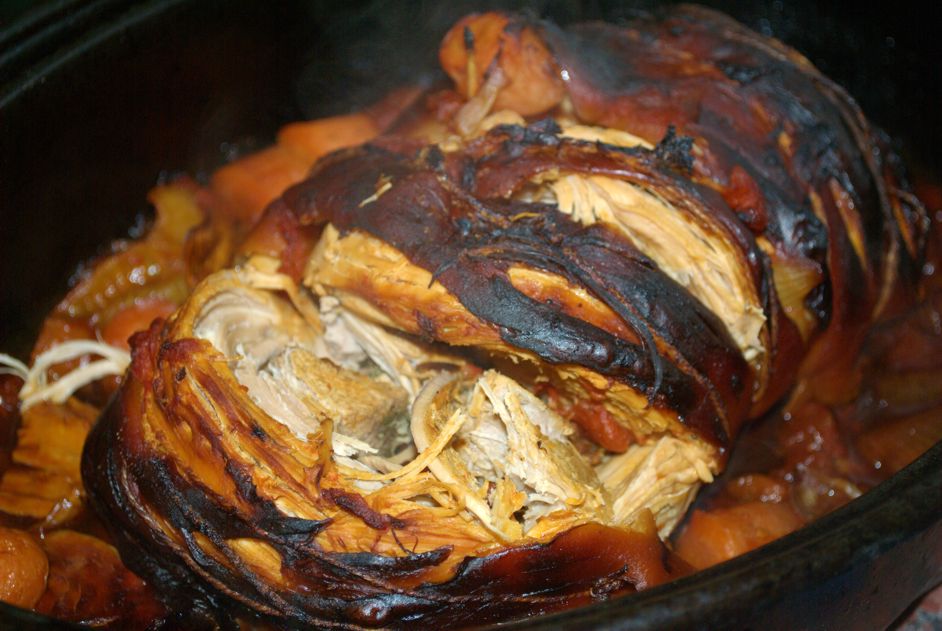
By NAN Contributor
News Americas, PARIS, France, Fri. Feb. 5, 2016: An estimated 2,500 potential cases of the Zika virus exists in Martinique and French Guiana, the French government said this week.
Health Minister Marisol Touraine told reporters that the two French regions in the Caribbean face an epidemic of the mosquito-borne virus. She also said there are about 100 confirmed Zika cases since mid-December, including 20 pregnant women and two people suffering a temporary paralysis condition called Guillain-Barre syndrome.
However, Touraine said the Hollande government is sending extra hospital equipment and preparing extra medical staff to combat the disease.
“Our system of health and sanitary alert is fully mobilized,” Touraine said. “There are three objectives: to prevent, reinforce monitoring and anticipate.”
A few cases have been reported in Guadeloupe and Saint Martin, also part of the French Caribbean. Nine people have come to mainland France with Zika this year, but Touraine said there is no risk of epidemic on the mainland.
No vaccine exists for Zika. So far, there have been thousand of cases reported across Latin America and a couple hundred across the Caribbean.
What can travelers do to prevent Zika?
Zika, also known as ZIKV, is spread by the Aedes genus of mosquito, in particular the Aedes aegypti. There is no vaccine to prevent or medicine to treat Zika. Travelers can protect themselves by preventing mosquito bites, covering exposed skin by wearing long-sleeved shirts and long pants and using EPA-registered insect repellents containing DEET, picaridin, oil of lemon eucalyptus (OLE), or IR3535, and stay and sleep in screened-in or air-conditioned rooms says the Centers for Disease Control.
Pregnant and breastfeeding women can use all EPA-registered insect repellents, including DEET, according to the product label. Most repellents, including DEET, can be used on children aged 2 months.
If you feel sick and think you may have Zika:
- Talk to your doctor or nurse if you develop a fever with a rash, joint pain, or red eyes. Tell him or her about your travel.
- Take medicine, such as acetaminophen or paracetamol, to relieve fever and pain. Do not take aspirin, products containing aspirin, or other nonsteroidal anti-inflammatory drugs such as ibuprofen.
- Get lots of rest and drink plenty of liquids.
- Prevent additional mosquito bites to avoid spreading the disease.
Symptoms of Zika:
The symptoms of Zika virus are similar to other mosquito-borne infections such as dengue, chikungunya and malaria so laboratory testing is essential for the correct diagnosis. Zika virus is generally mild and self-limiting, lasting 2 to 7 days. Symptoms include:
- Fever
- Joint Pain
- Itching
- Rash
- Conjunctivitis Or Red Eyes
- Headache
- Muscle Pain
- Eye Pain
- Pregnant women can pass on the virus to their unborn children and this can lead to serious fetal brain development defects.
Zika Origin
The Zika virus was detected for the first time in a monkey in Uganda in 1947. A year later, it was isolated in an Aedes mosquito from the same region.
The first human cases appeared in the 1970s in Africa (Uganda, Tanzania, Egypt, Central African Republic, Sierra Leone, Gabon and Senegal) and then in some countries in Asia (India, Malaysia, the Philippines, Thailand, Vietnam and Indonesia).
In 2007, an actual epidemic broke out in Micronesia (Yap Islands in the Pacific Ocean), causing 5,000 infections.
In 2013 and 2014, 55,000 cases of Zika were reported in French Polynesia. The epidemic then spread to other islands in the Pacific, namely New Caledonia, the Cook Islands and Easter Island.
The Zika virus was detected for the first time in the northwest of Brazil in May 2015 and it quickly spread to other regions of the country. Brazil has declared the highest number of Zika cases ever recorded with between 440,000 and 1,300,000 suspected cases reported.








